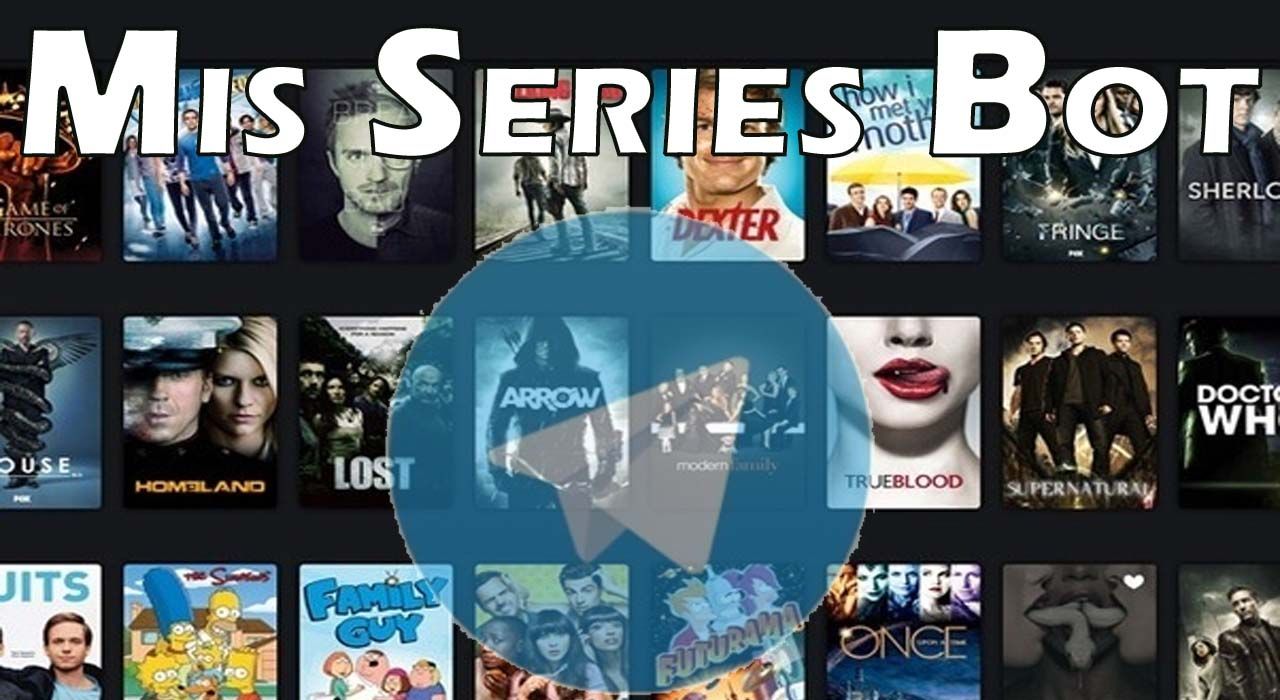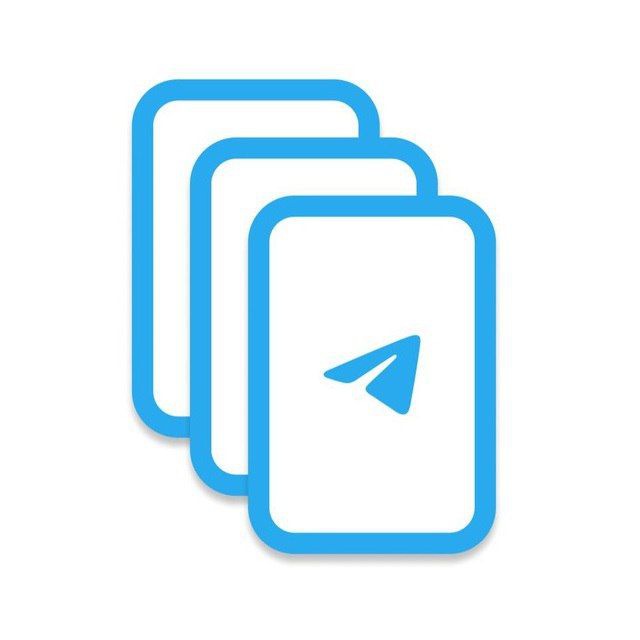Introduction to context
Facebook, Inc. is still suffering the consequences of its endless mistakes. And everything indicates that nothing will ever be the same again, to the happiness of all the Internet users who chose freedom without losing privacy.
Faced with a treacherous misstep, Facebook, Inc. now extended the period in which WhatsApp users must accept its new terms of use: from the date originally set, Monday, February 8, the company decided to extend it until Saturday, February 15. May. The – honestly and literally – delusional millions of downloads and new account registrations on both Telegram and Signal have made Mark Zuckerberg and his company really break out in a cold sweat at the – surely – unexpected reaction from WhatsApp users worldwide. This makes it clear that it is possible to know in depth the users of a service, but It is useless when those same users are underestimated and not respected.
Facebook, Inc. reacted late and badly, as it has historically been doing before its mistakes in terms of privacy and security of its services. Extending the deadline to accept the new conditions of use and the new privacy policy will not serve to recover the hundreds of thousands of former WhatsApp users who have already migrated to Telegram and / or Signal and who are discovering that, on the outside From the mantle of WhatsApp, there are other instant messaging applications that are better in all respects. That fallacy of “I use WhatsApp because all my contacts use it” has already started to fall like a house of cards, now that intelligent people and concerned about their privacy, raised their heads and chose to take the great leap and save themselves from abuse Mark Zuckerberg’s company.
The great doubt of the new users of Telegram
Clever. The change has already been made. Millions of users left WhatsApp to join Telegram. However, there are users who – now that they understand the case of WhatsApp and what resources and technological techniques it uses to sustain itself financially – begin to ask the same question about Telegram:
If WhatsApp free because Facebook, Inc. sells my data, then how does Telegram, which is also free, work?
And added to this question, there is a maxim that those of us who use free software have been listening and upholding for many years:
If the service or product one uses is free, then the product is who uses it.
With these points to take into account, it is something to be expected that certain new users in the Telegram ecosystem have this concern and wonder, perhaps, if this is going to end like what is happening with WhatsApp.
Fortunately, in the case of Telegram, we have an answer to these two points.
And the answer comes directly from the creator of Telegram himself: Pável Dúrov.
The response of the creator of Telegram
On Wednesday, December 23, 2020 -that is, a week before the WhatsApp case explodes- Pável Dúrov, on his official Telegram channel in English, published a text in which he explains what Telegram’s future plans are to finance itself, and that it, under absolutely no conditions, will touch the values and principles with which Telegram generated the foundations to be the instant messaging application that it managed to be.
Given the concern of some of its users, Pável Dúrov answers the following:
As Telegram reaches 500 million active users, many of you wonder: “Who is going to pay to support this growth? After all, more users means more traffic and server costs. ” And yes: a project the size of ours needs at least a few hundred million dollars per year to continue to exist.
For most of Telegram’s existence, I paid company expenses with my personal savings. However, with the current growth trend, Telegram is on track to reach more than 1 billion users, but it is also on the way to require its appropriate funding. When a technology project reaches this scale, there are generally two options: either start earning money to cover costs, or sell the company.
Hence the question: “What path will Telegram take?” I would like to address a few points to shed light on our plan:
- We will not sell the company like the founders of WhatsApp. The world needs Telegram to remain independent as the place where users are respected, and where a high quality service is assured. Telegram must continue to serve the world as an example of a technology company that seeks perfection and integrity. And, as the sad examples of our predecessors demonstrate, that becomes impossible if one becomes part of a corporation.
- Telegram is here to stay for a long time. We started developing our apps for our own personal use over 8 years ago, and since then, we’ve come a long way. In the process, Telegram changed the way people communicate, in several respects: encryption, functionalities, simplicity, design, and speed. This journey has only just begun. There is so much more we can bring to the world (and we will).
- To make the above two points possible, Telegram will start generating income, starting next year [nota: Pavel Durov se refiere a este año, 2021, ya que el texto original publicado en su canal de Telegram corresponde al 23 de diciembre de 2020]. We will do it according to our values and promises that we have made for the last 7 years. Thanks to our current scale, we will be able to do it in a non-intrusive way. Most users hardly notice any changes.
- All features that are currently free will continue to be free. We will add new features for business teams or advanced users. Some of these features will require more resources and will be paid for by these “premium” users. Common users will be able to continue enjoying Telegram for free, forever.
- All parts of Telegram dedicated to messaging will continue to be ad-free. We think that showing advertising in private one-on-one conversations or group conversations is a bad idea. Communication between people should be free of advertisements of any kind.
- In addition to its messaging component, Telegram has a social dimension. Our massive public channels from one person to many, can have millions of subscribers each, and are more like timelines like Twitter. In many markets, channel owners display advertising to earn money, sometimes using third-party advertising platforms. These advertisements are similar to normal messages and therefore quite often intrusive. We will fix this by introduce our own advertising platform to public channels, that is pleasant to the user, that respects their privacy and that allows us to cover the costs of the servers and the traffic generated.
- If Telegram starts making money, then the community should also benefit. For example: if we monetize a large number of public channels through our advertising platform, the owners of these channels will receive new members in proportion to the sizes of those channels. Or, if Telegram introduces “premium” stickers with additional expressive features, artists who make stickers in this new style will also receive a share of the proceeds. We want millions of creators and micro-entrepreneurs who establish their foundations in Telegram to prosper, enriching the experience of all our users.
This is Telegram mode.
And it will allow us to continue to innovate and grow for decades to come. We will be able to launch countless new features and welcome millions and millions of new users. While we do that, we will remain independent and genuine to our values, redefining how a technology company should operate.






0 Comments